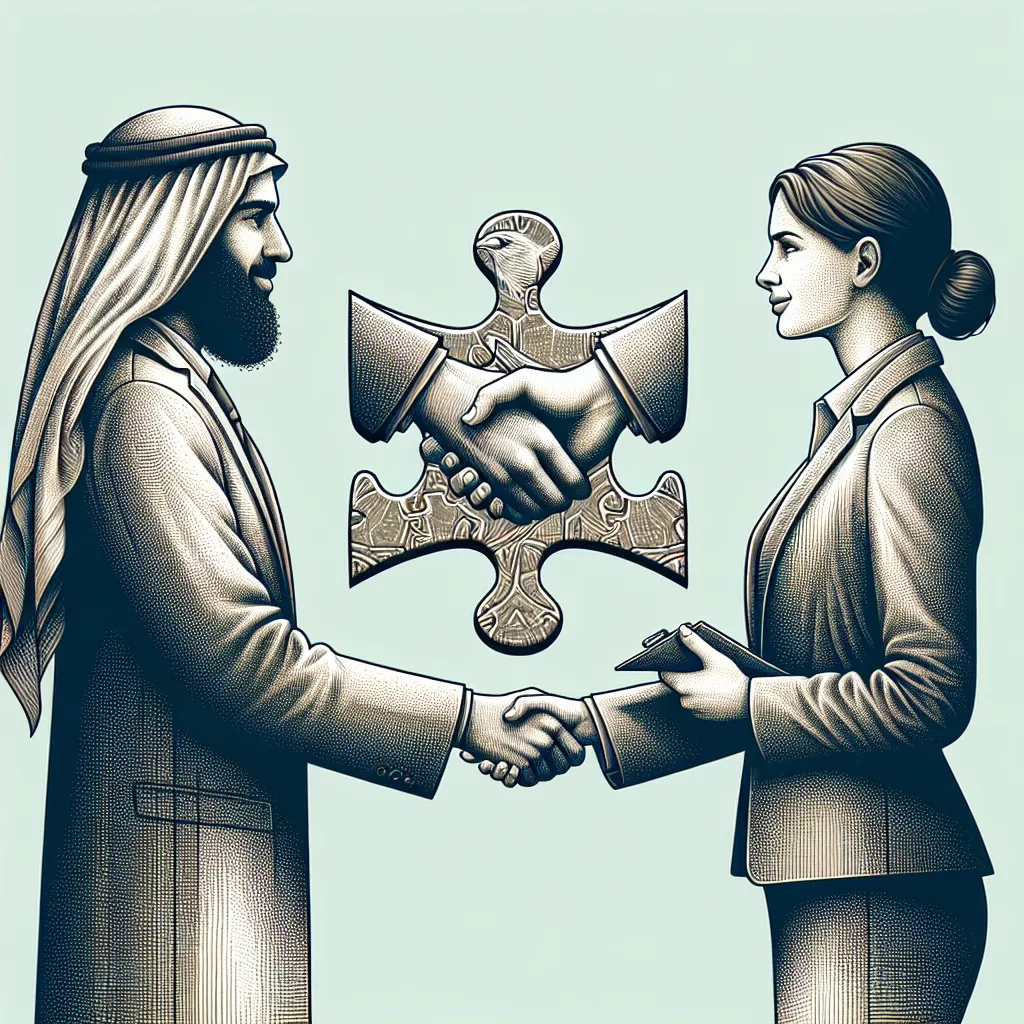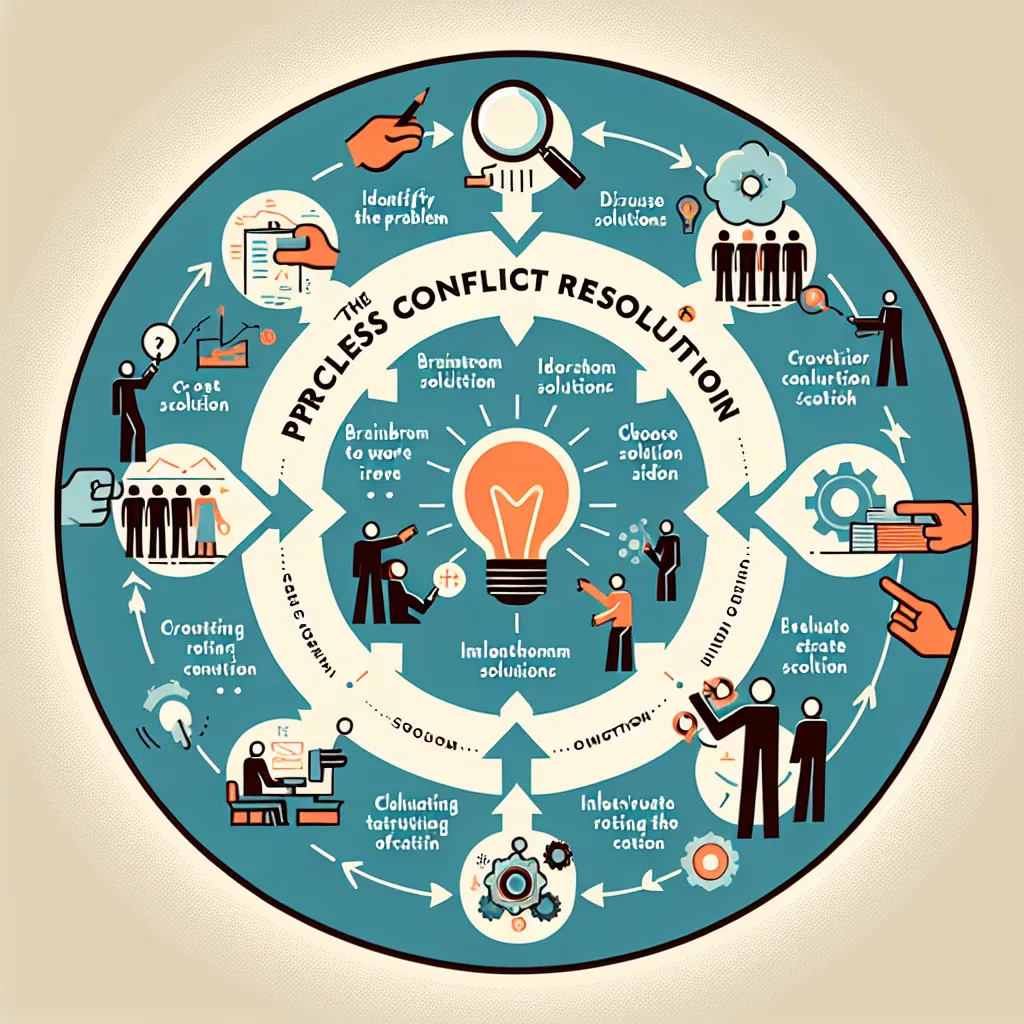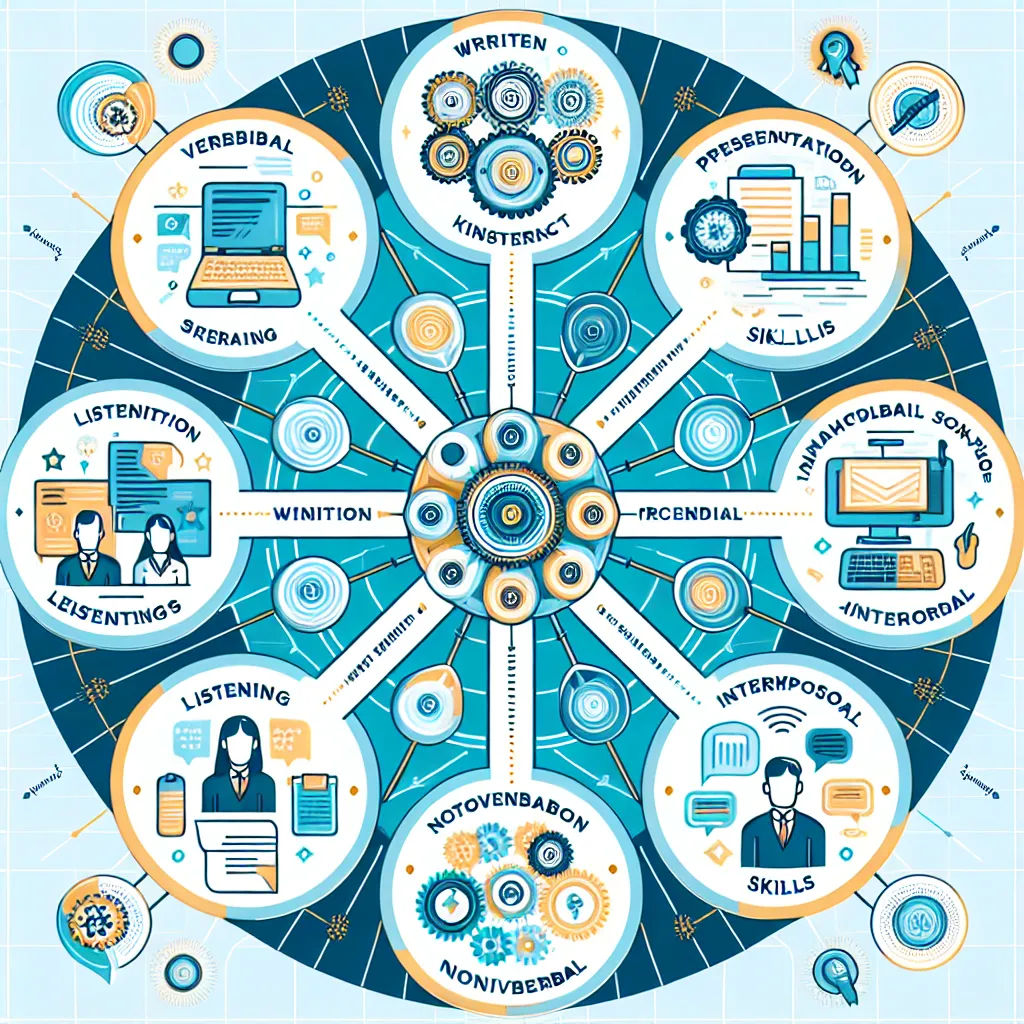In today’s competitive job market, being able to effectively discuss your experience in managing conflicts during an interview is a crucial skill. This article will guide you through the process of articulating your conflict resolution abilities, providing you with valuable insights and practical tips to impress your potential employers.
Understanding the Importance of Conflict Management Skills
Conflict management is a critical skill that employers highly value in their employees. It demonstrates your ability to handle challenging situations, maintain professional relationships, and contribute to a positive work environment. When interviewers ask about your experience in managing conflicts, they are looking to assess your interpersonal skills, problem-solving abilities, and emotional intelligence.
 Conflict Management Skills
Conflict Management Skills
How Employers Evaluate Conflict Management Skills
When discussing your conflict management experience, it’s essential to understand what employers are looking for. They typically assess:
- Communication skills
- Emotional intelligence
- Problem-solving abilities
- Adaptability
- Leadership potential
By showcasing these qualities through your examples, you’ll make a strong impression on your interviewer.
Preparing Your Conflict Management Stories
To effectively discuss your experience in managing conflicts, it’s crucial to have a few well-prepared examples ready. Follow these steps to craft compelling stories:
- Identify relevant conflicts: Think of situations where you successfully resolved conflicts in your previous roles.
- Use the STAR method: Structure your stories using the Situation, Task, Action, and Result format.
- Highlight your role: Emphasize your specific contributions to resolving the conflict.
- Quantify results: Whenever possible, include measurable outcomes of your conflict resolution efforts.
Sample Interview Questions and Responses
Here are some common interview questions about conflict management, along with sample responses:
-
Question: “Can you describe a time when you had to resolve a conflict at work?”
Sample Answer: “In my previous role as a project manager, I encountered a conflict between two team members who disagreed on the approach to a critical project milestone. I first arranged individual meetings with each team member to understand their perspectives. Then, I facilitated a group discussion where we collaboratively identified common ground and areas of compromise. By focusing on our shared goals and encouraging open communication, we were able to develop a solution that incorporated both viewpoints. This approach not only resolved the conflict but also improved team cohesion and led to the successful completion of the project two weeks ahead of schedule.”
-
Question: “How do you handle disagreements with your colleagues?”
Sample Answer: “I believe in addressing disagreements proactively and professionally. When faced with a disagreement, I first try to understand the other person’s perspective by actively listening and asking clarifying questions. Then, I focus on finding common ground and exploring mutually beneficial solutions. For example, in my last job, I disagreed with a colleague about the best way to approach a client presentation. Instead of arguing, we scheduled a brainstorming session where we combined our ideas to create an even stronger presentation. This collaborative approach not only resolved our disagreement but also resulted in winning the client contract.”
Tips for Handling Unexpected Conflict-Related Questions
Sometimes, you may encounter questions about conflicts that you haven’t prepared for. Here are some tips to help you navigate these situations:
- Stay calm and composed: Take a deep breath and maintain a positive attitude.
- Ask for clarification if needed: It’s okay to request more information to ensure you understand the question fully.
- Be honest: If you haven’t experienced a specific type of conflict, say so, but then explain how you would approach it based on your general conflict resolution skills.
- Focus on principles: Even if you don’t have a direct example, discuss the principles you would apply in managing conflicts.
Common Mistakes to Avoid When Discussing Conflict Management
When talking about your conflict management experience, be careful to avoid these common pitfalls:
- Avoiding the topic: Don’t try to claim that you’ve never experienced conflicts. This may come across as dishonest or naive.
- Placing blame: Avoid speaking negatively about others involved in past conflicts. Focus on the resolution process instead.
- Overemphasizing the conflict: While it’s important to set the scene, don’t dwell too much on the conflict itself. Emphasize your actions and the positive outcomes.
- Being vague: Provide specific examples and details to make your stories more credible and impactful.
- Neglecting to show growth: Demonstrate how you’ve learned and improved your conflict management skills over time.
 Conflict Resolution Process
Conflict Resolution Process
Follow-up Questions and Suggested Responses
Interviewers often ask follow-up questions to delve deeper into your conflict management skills. Here are some examples with suggested responses:
-
Q: “How do you handle conflicts with superiors?”
A: “When dealing with conflicts involving superiors, I maintain a respectful approach while clearly communicating my perspective. I focus on finding solutions that align with the company’s goals and am open to feedback and alternative viewpoints.” -
Q: “What’s your approach to conflicts that arise from cultural differences?”
A: “I believe in fostering an inclusive environment and approaching cultural differences with curiosity and respect. I take time to understand different cultural perspectives and seek common ground to resolve conflicts constructively.” -
Q: “How do you manage conflicts in a remote work setting?”
A: “In remote settings, clear communication is key. I utilize video calls for sensitive discussions, ensure regular check-ins, and use collaborative tools to maintain transparency and address potential conflicts early.” -
Q: “Can you describe a conflict you failed to resolve and what you learned from it?”
A: “In my early career, I struggled to resolve a conflict between two departments due to poor communication. From this experience, I learned the importance of active listening and facilitating open dialogue to ensure all parties feel heard and understood.” -
Q: “How do you approach conflicts that arise from organizational changes?”
A: “I focus on transparent communication about the reasons for change, actively listen to concerns, and involve team members in finding solutions to mitigate the impact of the changes.”
By preparing thoughtful responses to these follow-up questions, you’ll demonstrate a comprehensive understanding of conflict management in various scenarios.
Conclusion
Effectively discussing your experience in managing conflicts during an interview can significantly enhance your chances of landing the job. By preparing relevant examples, understanding what employers are looking for, and avoiding common mistakes, you’ll be well-equipped to showcase your conflict resolution skills. Remember to stay positive, focus on solutions, and demonstrate your ability to learn and grow from challenging situations.
For more tips on acing your job interviews, check out our article on how to talk about teamwork in an interview. And if you’re looking to improve your overall interview skills, don’t miss our guide on how to discuss your work style in an interview.
We’d love to hear about your experiences discussing conflict management in interviews. Share your thoughts and questions in the comments below!




